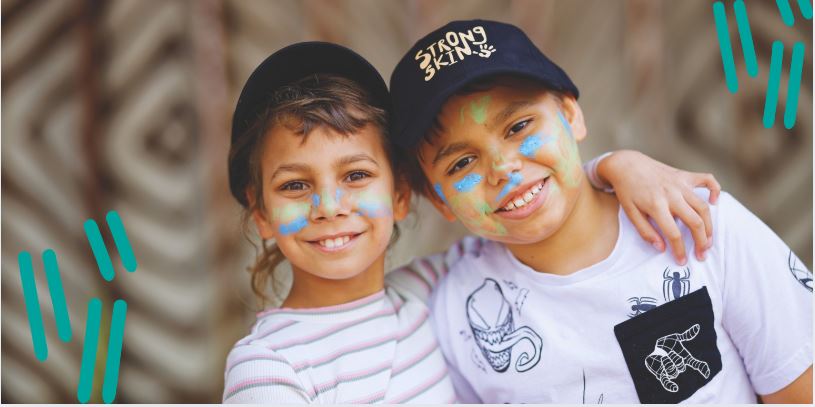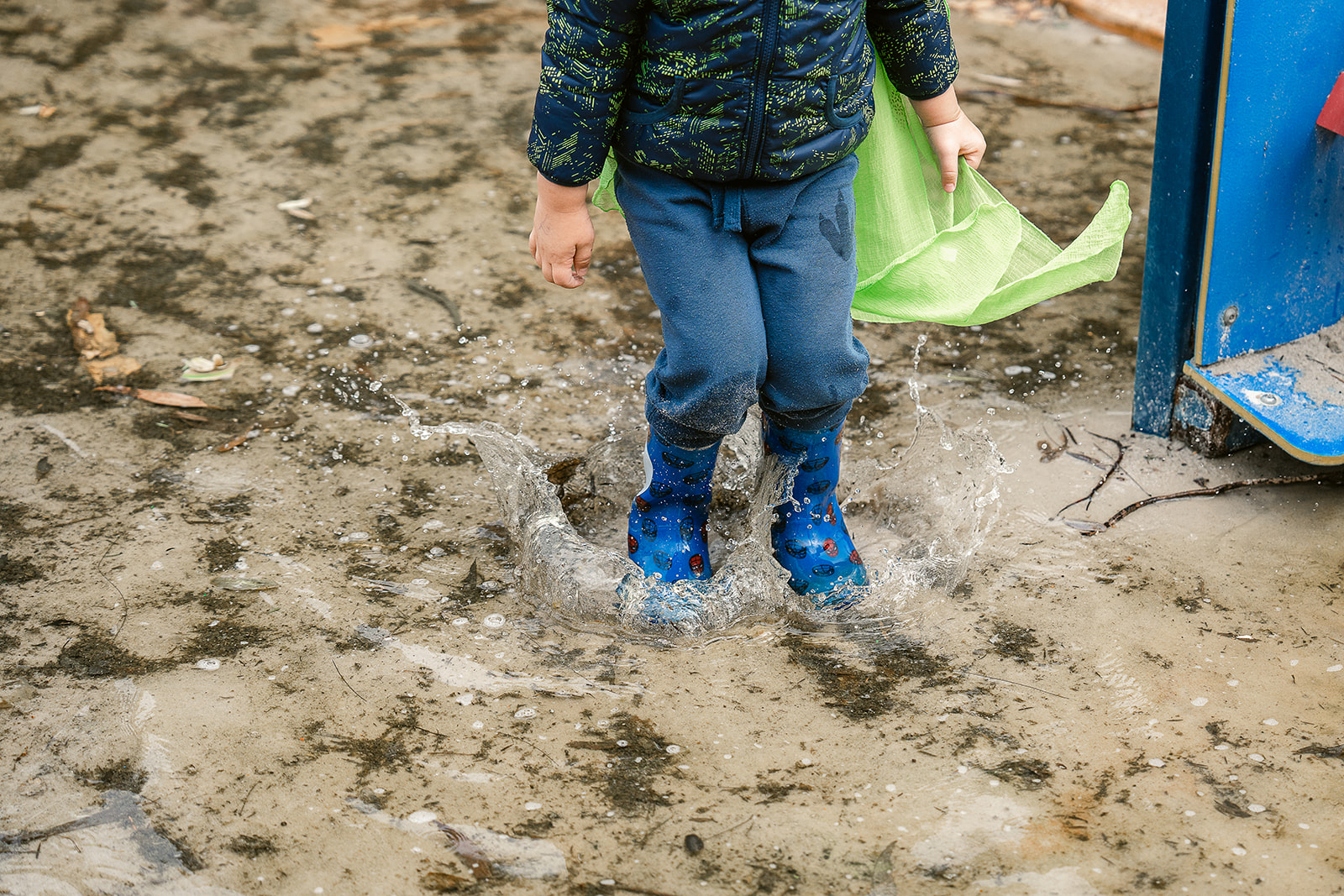Search

News & Events
Celebrating 35 years of impact at The Kids Research Institute AustraliaCoinciding with the Institute’s 35th year of research to improve the health and wellbeing of children and families, the 2025 Impact Report celebrates research which has been translated into policy or practice, and which has led to a paradigm shift in the way we respond to childhood health and wellbeing.

News & Events
Healthway supports innovative mental health, physical activity research at The KidsThe Kids Research Institute Australia and The University of Western Australia researchers have been awarded more than $1 million in funding from Healthway, for projects to improve the mental health of LGBTQA+ young people, encourage early physical activity in childcare centres and create healthier local environme

News & Events
Telethon Institute joins international effort to improve early nutrition and long term healthThe Kids for Child Health Research will join more than 50 scientists from 36 research institutions around the world to improve early nutrition
Find out how The Kids Research Institute Australia works with Government to influence policy and practice.
Research
‘You Can Sort of Justify Having That Drink’: Australian Young Adults' Perspectives on the Appeal and Influence of ‘Better for You’ Alcohol ProductsAlcohol industry publications reveal that the industry targets young people with better for you (BFY) marketing that promotes the nutrition and health-oriented aspects of some products, despite the inherent harms of alcohol consumption. This research investigated how young adults conceptualise the appeal of BFY alcohol products and their potential effect on consumption, and their opinions of the alcohol industry in the context of this marketing.

Learn about our timepoints for online questionnaires and Kids Check Appointments.

Interventions and explorations that focus on modifiable elements of the early life environment are being investigated, to assess and improve all aspects of physical and psychological wellbeing - both in childhood and in later life. These include nutrition, physical activity, time in nature, built environments, plastics and pollutants.
Research
Effects of dog ownership on children’s social-emotional development: findings from the PLAYCE cohort studyDog ownership is common in families with children and could play a role in children's social-emotional development. This study used longitudinal data on dog ownership and changing dog ownership to investigate their effects on young children's social-emotional development.
